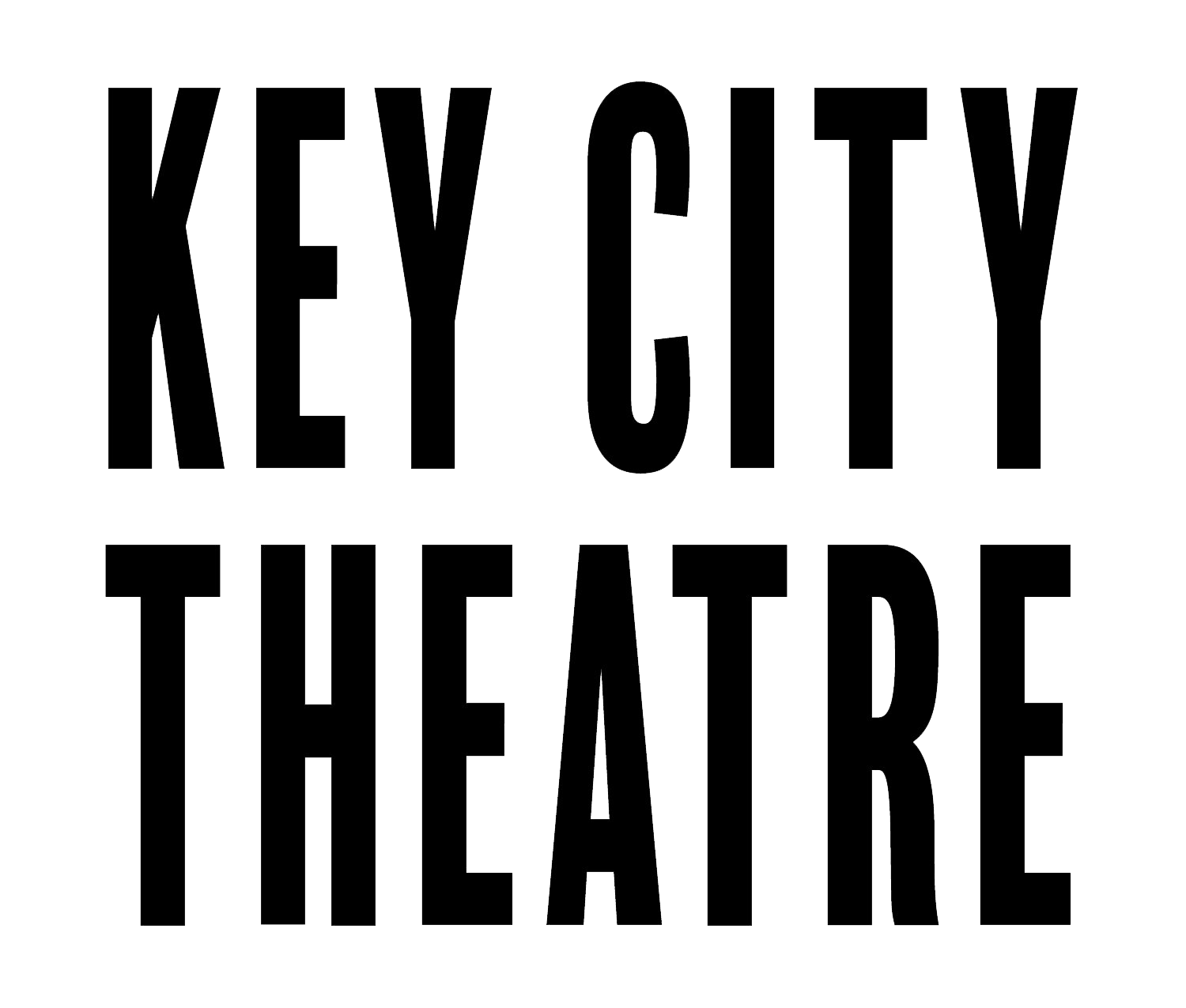Playwright Corey Payette talks about "Children of God"
Children of God is coming to Key City Theatre on its cross-Canada tour—and it’s trailing rave reviews. When the musical opened in Montreal last month, the Gazette called it “emotionally shattering” but “ultimately uplifting”. At the same time, travelling from community to community has prompted countless conversations between the creators and cast and the public about an especially painful chapter in Canadian history.
It’s been quite a trip for writer, director, composer, and lyricist Corey Payette, who has, with fascination, watched the show’s journey mirror the awakening of reconciliation in this country.
“It was always a dream of mine to have the work be something that really inspired people to question the histories that we’ve been told. So much of my upbringing, and so many people’s upbringing, lacked this history. I thought maybe one day, with this show and these characters, that people would not see it as just a family of Indigenous people historically, but as, ‘What if it had been your brother or your sister who had been sent to these schools, and how would that impact your family?’”
“Of course I never knew that this show I wrote over all those years would resonate with people so deeply,” he adds. “When it premiered in 2017 we were at a point where people were saying ‘Yes! We really need this right now!’ And it’s given us a snapshot of Canada while the country is grappling with this and saying ‘What does this mean?’ ”
Payette, who is of mixed Oji-Cree and French-Canadian heritage, started writing Children of God in 2010, in part as a way of dealing with his own frustration over not having learned about residential schools in classrooms or history books. Talking to elders and survivors, he built a story that centres on one Oji-Cree family’s residential-school experience. Siblings Tommy (Dillan Chiblow) and Julia (Cheyenne Scott) are snatched by the authorities and placed in a residential school, their mother is barred from seeing them, and the intergenerational trauma sets in. The subject matter can be so triggering that the show comes with trained counsellors and safe spaces.
Payette has watched audiences become more and more aware of the legacy of residential schools during tours for Children of Godand his follow-up work, Les Filles du Roi, written with Julie McIsaac, about the relationship between French settlers and Mohawks. “The biggest difference now is people are coming up after the show and wanting to talk about what they’re doing in their community,” Payette relates.
Children of God has also been at the forefront of a growing wave of Indigenous work addressing the legacy of colonialism. Although there was a dearth of productions about residential schools and their aftermath when Payette started writing Children of God, it has since been joined by Canadian works as varied as Signal Theatre’s dance-opera Bearing and Cliff Cardinal’s solo Huff. Other milestones Payette points to include actor-playwright Kevin Loring being appointed artistic director for Indigenous theatre at the National Arts Centre, and Payette’s own Urban Ink growing to present two or three shows per year.
“There is more Indigenous work happening, more voices, more perspectives coming out…Maybe Children of God can help bolster what’s already happening.…The biggest thing that inspires me about the cast for Children of God is these are our next leaders. I know in 10 or 15 years they will take up roles in artistic leadership and they’ll be the game changers.”


